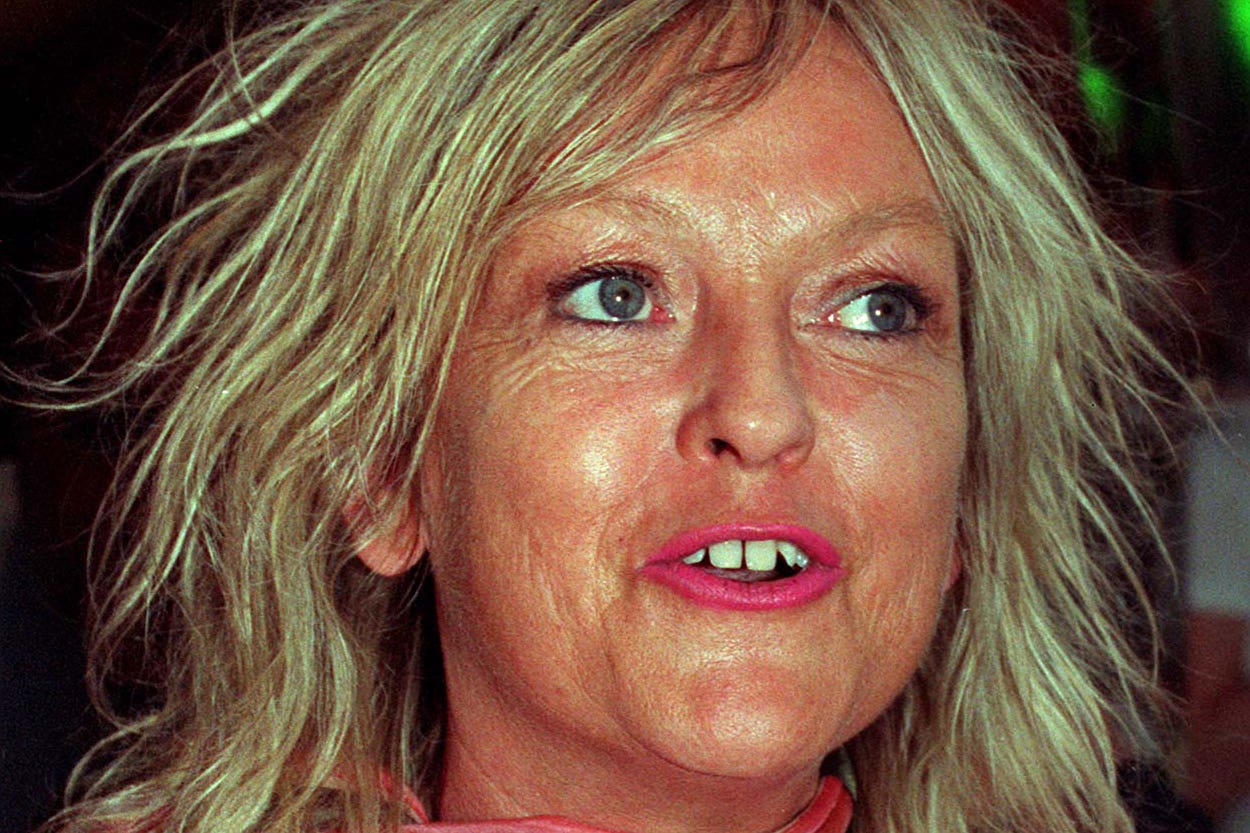In Pictures: First female disc jockey at Radio 1 broke the glass ceiling in 1970
Annie Nightingale was the sole woman to spin the discs in the early days of a male-dominated Radio 1.

Your support helps us to tell the story
From reproductive rights to climate change to Big Tech, The Independent is on the ground when the story is developing. Whether it's investigating the financials of Elon Musk's pro-Trump PAC or producing our latest documentary, 'The A Word', which shines a light on the American women fighting for reproductive rights, we know how important it is to parse out the facts from the messaging.
At such a critical moment in US history, we need reporters on the ground. Your donation allows us to keep sending journalists to speak to both sides of the story.
The Independent is trusted by Americans across the entire political spectrum. And unlike many other quality news outlets, we choose not to lock Americans out of our reporting and analysis with paywalls. We believe quality journalism should be available to everyone, paid for by those who can afford it.
Your support makes all the difference.When Annie Nightingale started work for Radio 1 in 1970, the station was a male bastion which had been created during the social revolution of the 1960s.
She remained a well-known figure in music circles decades later, bringing a different style to the airwaves than some of her male colleagues.
Her death at 83 comes at a time when no-one would bat an eyelid at a woman making her way in what was very much a man’s world when she started out.
She was a friend of the Beatles and the Rolling Stones during the 1960s and was still a regular figure at music events even in her advanced years.
While some of her male colleagues saw their success tarnished by revelations later in life, she remained a respected figure, still visible on the music scene.
Her death at 83 comes at a time when the industry she loved has become diverse, in what had once been a world dominated by white men.
She had described it as “her battle” to make sure women could succeed in that world.
Until Janice Long came on board in 1982, she was the only woman working as a DJ at the station.